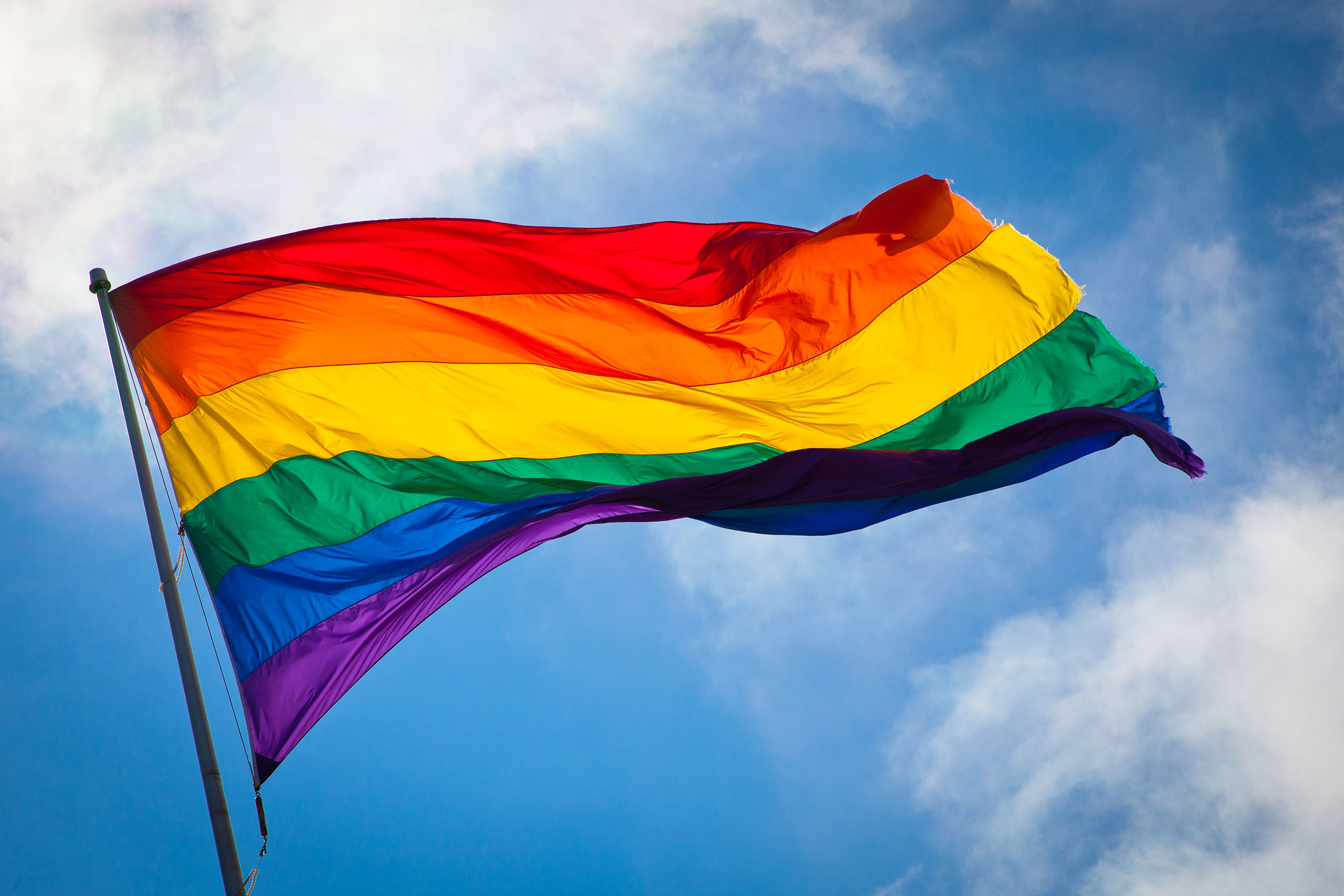
The human cost of homophobia and transphobia

Michael King on the psychological damage suffered by victims of these types of discrimination, and what can be done to reduce their prevalence
Published 23 March 2017
Professor Michael King, a psychiatric epidemiologist, discusses the devastating psychological harm suffered by victims of homophobia and transphobia. He also examines the role of families, governments and religion in reducing the prevalence of these forms of discrimination.
“The one feature that it really differs on (homophobia) is that it enters the family. The other isms don’t seem to do that, racism, ageism, not to the same extent and it’s not a choice. This is the fundamental being of the person and when parents or siblings learn that someone’s gay or lesbian they can reject them and there’s no real parallel quite like that. It’s not their behaviour. It’s not their choice. It’s who they are,” says Professor King.

“Homophobia from childhood onwards has very severe and long lasting effects, making people vulnerable (to suicide), even people who seem to be in stable relationships.
“Parental attitudes and support is one of the strongest predictors of trouble in youth or in your 20s as a gay person. An accepting parent can reduce your risk of suicide attempts by 50, 70 per cent.
“I think it’s (homophobia) political and cultural – that leaders can make a huge difference here and just as we’ve seen in Russia and some eastern European countries that go backwards because the leaders are homophobic, in the West we’ve seen it move forward very fast because people have shown leadership.
“Education, that’s where these real preventative efforts could be. We know – there’s evidence from schools and colleges – that you can change things and governments are leading as we have discussed. I think there are real ways forward.”
Episode recorded: 9 March 2017
Up Close producers: Kelvin Param and Eric van Bemmel Audio engineer: Gavin Nebauer Banner image: Magnus Manske/Wikimedia Commons
Subscribe to Up Close through iTunes.

